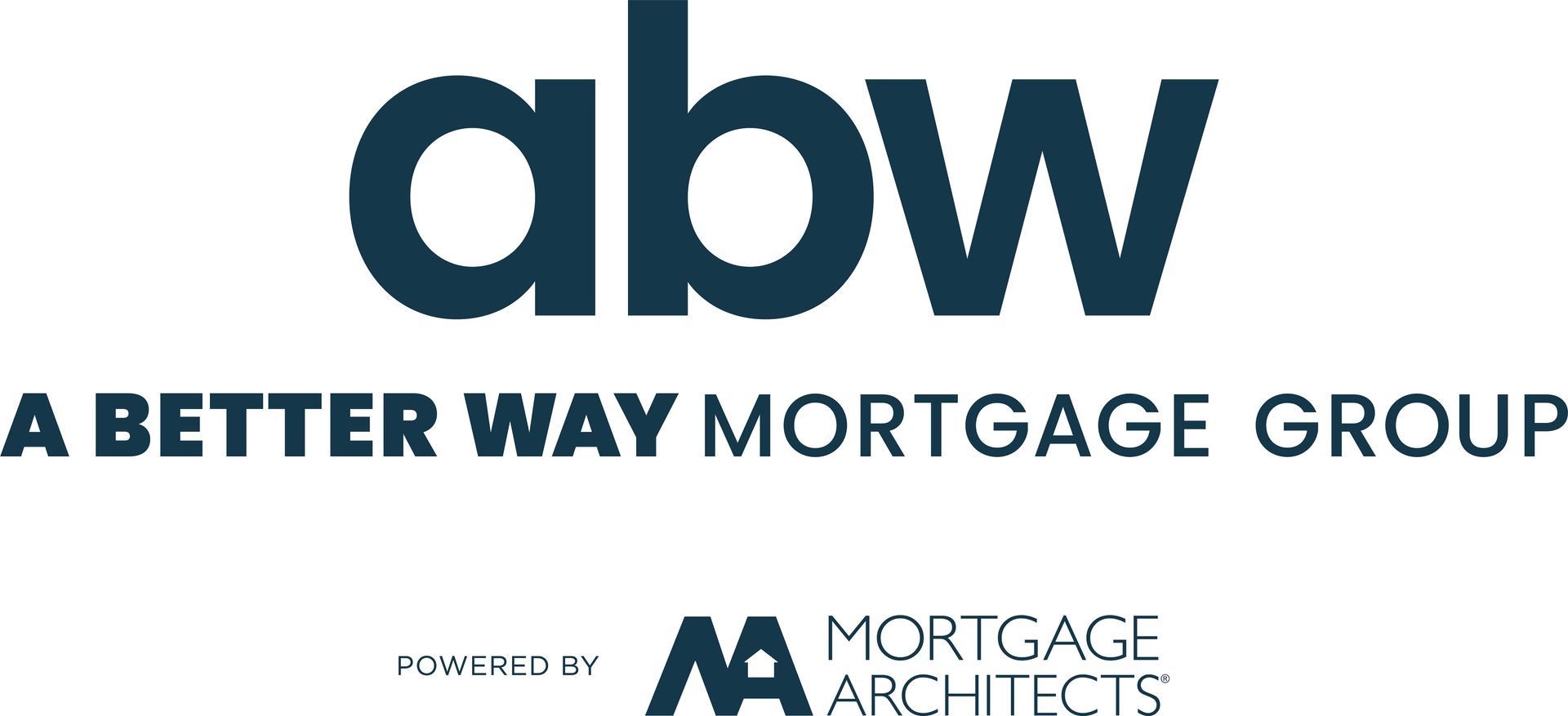Mortgage Financing Through A Separation Or Divorce
With the latest stats claiming that about half of marriages end in divorce and with around three-quarters of Canadians being homeowners, it’s important to know how to handle your mortgage if you decide to separate. Here’s a quick list of things to consider.
Keep making your payments.
A mortgage is a legally binding contract between you and the lender. It doesn’t take marriage into account. If your name appears on the mortgage, you're responsible for making sure the regular payments are made. A marital breakdown does not give you an excuse not to make your mortgage payments.
If, during your marriage, you've relied on your spouse to make the mortgage payments and you aren’t certain payments are being made after separating, it's in your best interest to contact the lender directly to verify your mortgage is being paid. If payments aren't being made, it could affect your credit score or worse; the lender could start foreclosure proceedings.
There is always a financial cost to break your mortgage.
When working through how to split your finances, you decided to either refinance your mortgage, remove someone from the title, or sell the property, keep in mind that you will incur legal costs.
If you’re in the middle of a term, the penalty for breaking your mortgage might be significant, especially if you have a fixed-rate mortgage. It’s certainly worth contacting your mortgage lender directly to verify the cost of breaking your mortgage. Having that information accessible when writing out your separation agreement will provide increased clarity.
Listing your marital status as separated or divorced.
When completing a mortgage application for securing new mortgage financing, when you list your marital status as separated or divorced, you can expect that a lender will want to see your legal separation agreement or your divorce papers. The lender wants to make sure you aren’t responsible for support payments. So if you haven’t finalized the paperwork, expect delays in securing mortgage financing.
It could be harder to qualify for a new mortgage.
With the separation of assets also comes the separation of incomes. If you qualified for your existing mortgage on a double income, you might find it hard to maintain the same quality of lifestyle post-separation.
This is where careful planning comes in. Working closely with your independent mortgage professional will ensure you understand exactly where you stand. You’ll want to put together a plan for how to handle the mortgage on the matrimonial home.
Purchasing the matrimonial home from your ex.
There are special considerations given to people going through a separation to buy out the matrimonial home. Instead of looking at the transaction like a refinance where you can only borrow up to 80% of the property’s value, lenders will consider one spouse buying out the other up to a 95% loan to value ratio. This comes in handy when dividing assets and liabilities.
Navigating the ins and outs of mortgage financing isn’t something you have to do alone. If you're going through a separation and you’d like to discuss all your mortgage options, please connect anytime. It would be a pleasure to walk you through the process.




